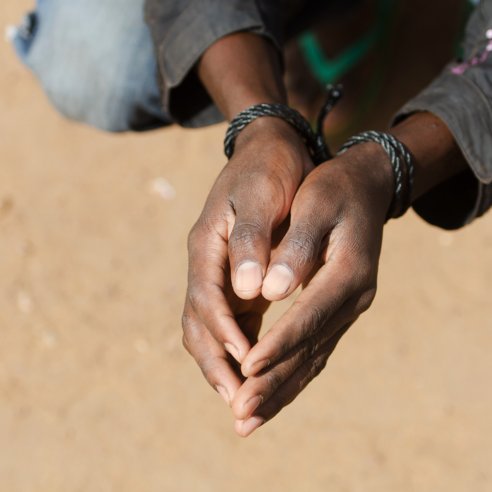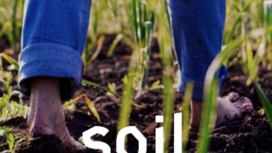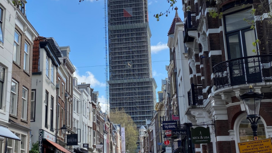About the project
In this research project, the participating universities examine the role of the Protestant Church in the Dutch colonial past. The researchers investigate the theological and exegetical arguments put forward by the Church and academia to either justify or criticise slavery, as well as the Church’s financial, social, and administrative involvement in slavery and the slave trade—whether missionary, pastoral, as slaveholders, investors, or guardians of colonial society. Multiple perspectives are taken into account, including those of enslaved people, formerly enslaved individuals, Indigenous populations, people of mixed heritage, and white colonists. The project also pays close attention to the legacy of slavery in today’s churches and society. This is supported by a large advisory group made up of churches and civil society organisations, working alongside the team of researchers. Would you like to know more about our research, or do you have suggestions or ideas for us? Please don’t hesitate to get in touch!





